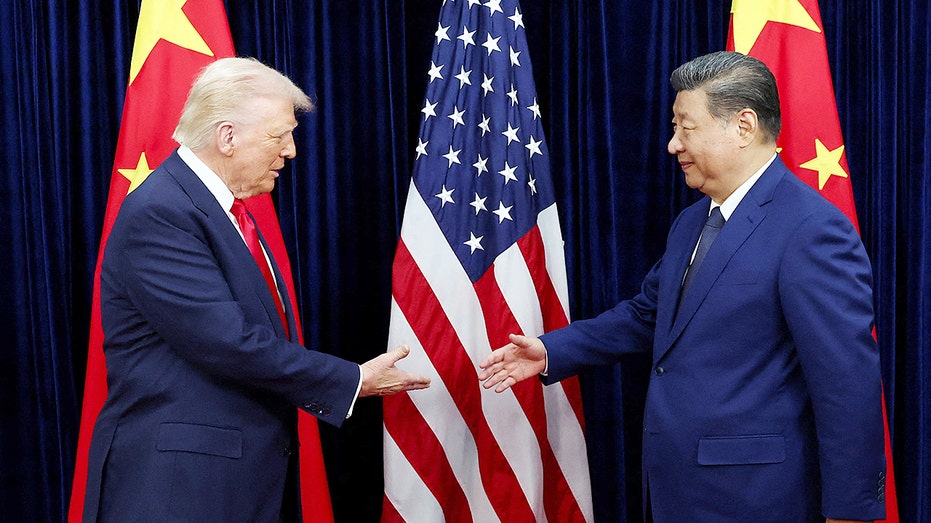Americans’ grocery bills are growing, causing some shoppers to cut back on discretionary spending as they struggle to afford the basics. Food prices grew by half a percent from July to August, marking the fastest monthly rate of change since the fall of 2022.
Behind the rising cost of food items on store shelves are three main culprits, according to experts: tariffs from the Trump administration, climate change, and a shortage of agricultural workers in the U.S.
**The Impact of Tariffs**
Phil Lempert, a food industry analyst known as the “Supermarket Guru,” told CBS News correspondent Jo Ling Kent that the Trump administration’s wide-ranging tariffs are a leading cause of grocery inflation. Price hikes have been steepest on goods that the U.S. imports from nations facing higher levies. For example, the U.S. imports about 35% of its coffee from Brazil, whose exports are taxed at a rate of 50%. The latest Consumer Price Index data shows that coffee prices rose 21% in August compared with a year ago.
As companies face rising costs, they often pass those burdens onto consumers. In the case of tariffs, some businesses began raising prices on products even before the levies were fully in place.
“There’s no question that what we’ve seen is companies increasing prices because of the impending tariffs,” Lempert said. “What they want to do is protect themselves. A lot of these big food companies are public companies, so they have to report back to their shareholders on profit margins. They’ve been hedging their bets.”
Sometimes, packaged-goods companies disguise price hikes by offering consumers less product for the same amount of money. This covert inflation strategy is known as “shrinkflation,” Lempert explained:
“What they’re doing is putting less in the package, hoping that you and I won’t notice and will keep paying the same price or just a slightly increased price.”
**Climate Change’s Role**
Increasing temperatures and shifting weather patterns have made conditions for growing some fruits and vegetables in the U.S. inhospitable. As a result, much of domestic production has moved to Central and Latin America.
“We can’t grow our food where we used to grow it,” Lempert said.
**Labor Shortage in Agriculture**
Additionally, Trump-era immigration policies—including workplace raids targeting large numbers of immigrant workers—combined with waning interest in agricultural labor, have led to an industry-wide shortage.
**How Consumers Are Responding**
Consumers are reacting to higher prices by looking for deals, purchasing store-brand goods instead of name brands, and buying shelf-stable groceries in bulk at shopping clubs like Costco.
Lempert emphasized that a little planning can go a long way to help consumers buy what they need without overspending.
“The number one thing people want to do if they want to save money is stop wasting food,” Lempert said. “Forty percent of all the food in this country is wasted, and a lot of that happens in our homes. So take doggy bags from restaurants, use leftovers, freeze leftovers, and don’t waste food—you’ll save a substantial amount of money.”
https://www.washingtonexaminer.com/news/supreme-court/3816255/trump-administration-supreme-court-lift-block-end-tps-venezuelans/
